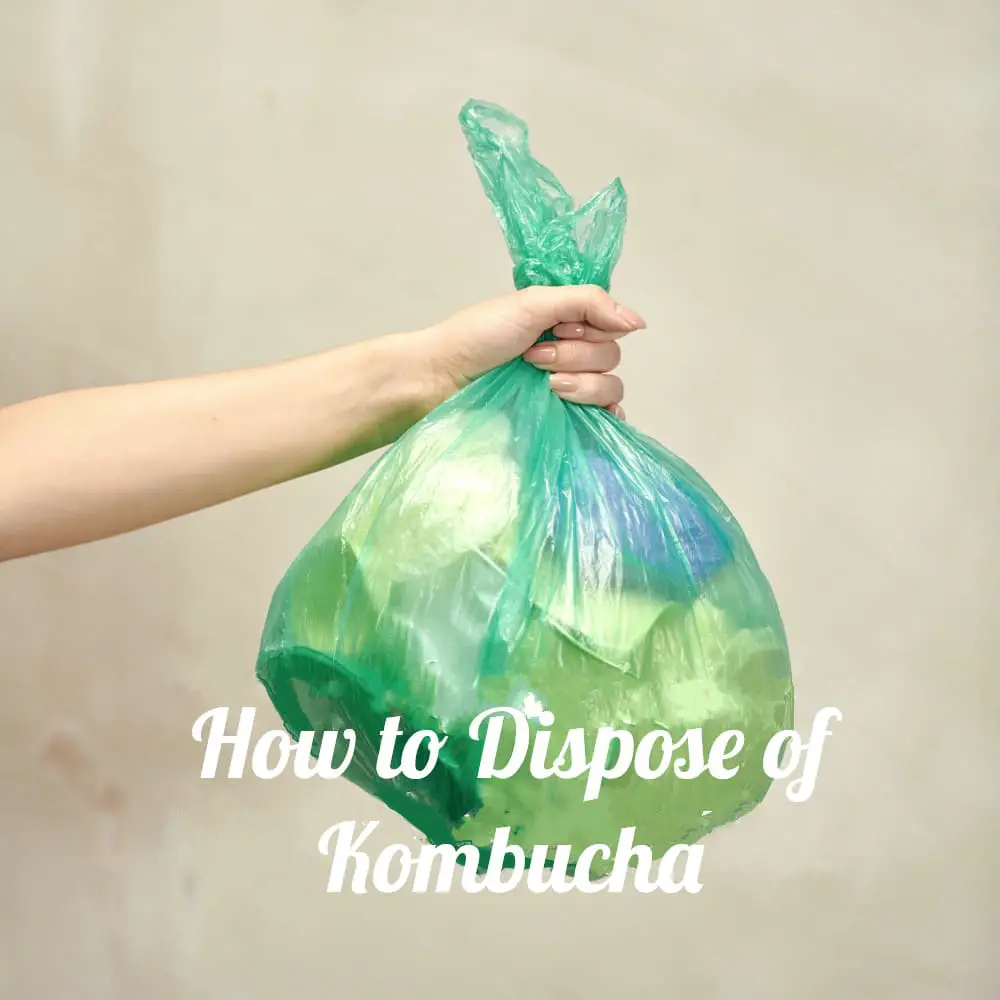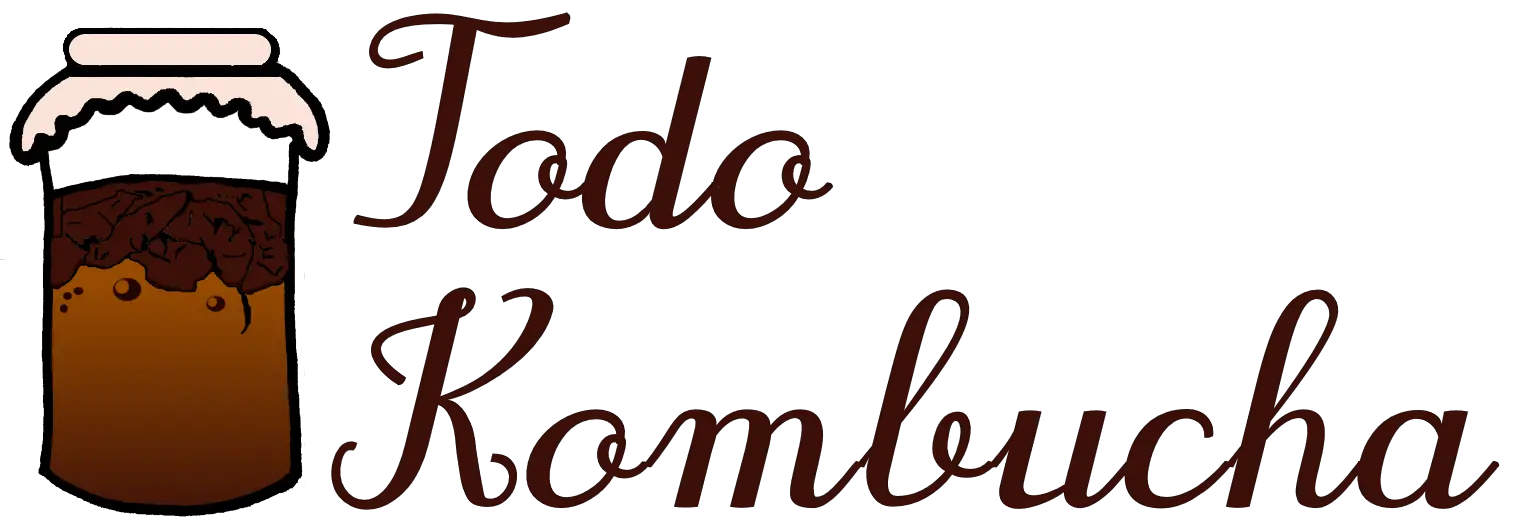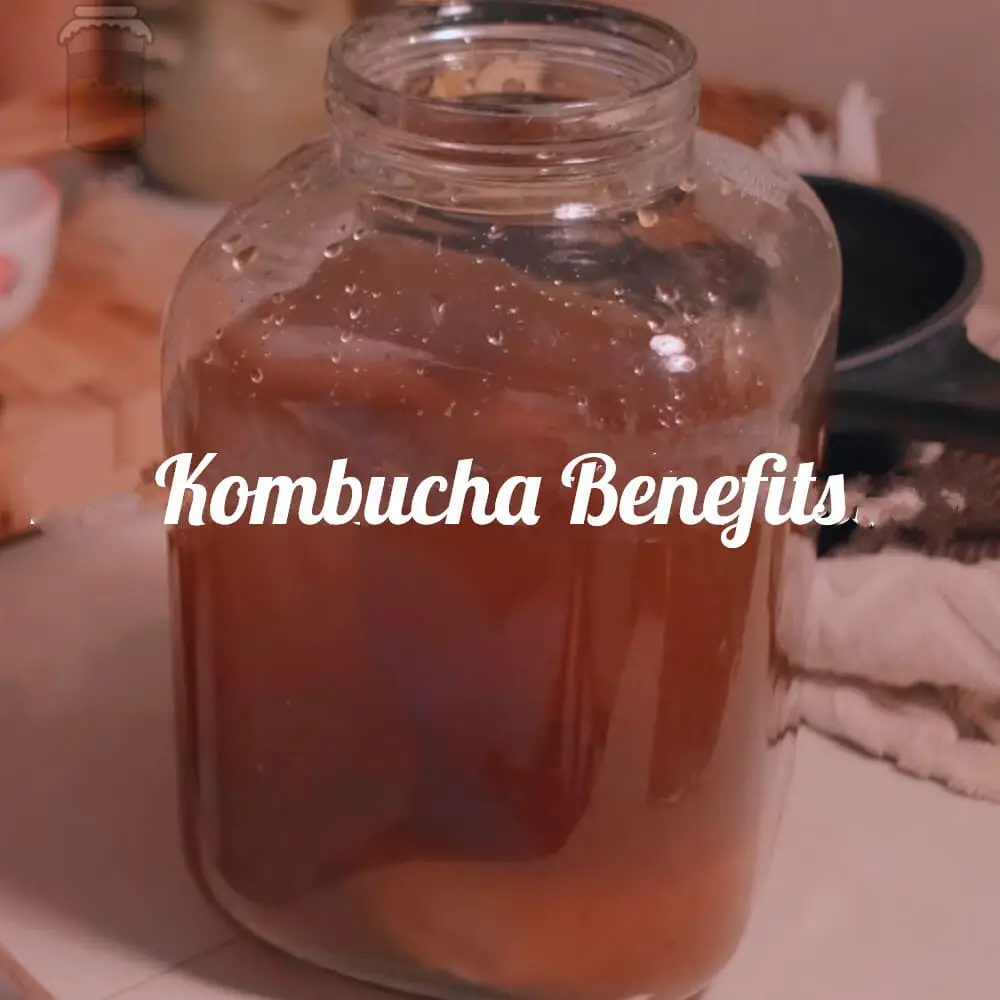
When it comes to chemicals or medicinal properties, whether drugs or probiotics, there is always the risk of reacting negatively to the environment, although healthy, kombucha is not exempt from being a risk due to its components.
The consequences of handling and disposing of certain chemicals in common sites or landfills are usually underestimated, many of these can affect the environment or even waste treatment plants that are not familiar with the disposal of such waste, so it is recommended to follow the necessary sanitary instructions to avoid an accident.
Kombucha is not considered a high-risk substance, but it still has properties that could generate effects that alter the environment due to its microorganisms and organic acids. Therefore, today I will teach you how to dispose of kombucha.
How to dispose of kombucha? What should I do?
If the kombucha is purchased, you can review the instructions for use and follow the instructions on the storage and disposal of the product. However, if it is a homemade drink, you must be careful not to mix it with other substances that generate chemical or biological reactions that may be dangerous or have contact with corrosion-sensitive surfaces.
It would be advisable to contact an environmental agency responsible for removing and disposing of the product. If there is no one in your community, you can contact recycling centers or local companies that can reuse them or direct them to water treatment plants for disposal. [1] [2]
Still, if you want to dispose of kombucha that is not contaminated, use non-corrosive containers, such as glass, and then get rid of it as regular garbage.
How to reuse kombucha
Various uses have been found for uncontaminated kombucha, even with different acidity levels. One of these is its usefulness in some recycling centers for obtaining rare earth elements (REE), making other crops, and treating wastewater. [3] [4]
REE can be obtained in appliance recycling plants, which is necessary for manufacturing other appliances or electronic devices, through microbes producing organic acids. The microbial broth of kombucha and its supernatants contains acidity capable of extracting these REEs through leaching, resulting in a safer ecological alternative for the environment than other methods that use strong inorganic acids or toxic chemicals. [3]
In addition, Kombucha SCOBY can make other crops if not contaminated, obtain lead (Pb) from wastewater, and remove heavy metals [4]. Therefore, leaving the kombucha or other chemical or microbial product in the hands of the facilities responsible for giving it better use is recommended.
Those are based on industrial recycling, but of course, you can check the alternative uses of the kombucha if you want to dispose of it at home properly (The way I dispose of kombucha when I have way too much).
Is it possible to decontaminate kombucha?
Yes, it is possible. Methods have been studied to dispose of microbial cultures contained in substances or residues entirely and efficiently. This way, safe products are again obtained for reuse or safely disposed of by treatment facilities or typical landfills.
Some materials, such as quartz or glass metamaterials, can effectively remove coliforms, enterococcus, yeast cultures, and kombucha [5], disposing of the biological product as such and leaving a sterile chemical that does not generate potential damage to health and the environment.
Kombucha without microbes can no longer ferment; therefore, it no longer presents risks of continuing to produce acids, ethanol, or other components that, in excess, would generate chemical changes in the environment.
Therefore, while it is possible to discount kombucha, the recommendation is to get rid of it as soon as signs of contamination appear.
Finally, If you want to get rid of your contaminated kombucha, I’d recommend you boil it (you will kill the fungus and the probiotics), save it in a glass container to avoid corrosion and place it in the trash. But my favorite way would be using it as a nutrient for soil; it won’t have probiotic properties, but it is still bacterial cellulose.
What should not be done to eliminate kombucha?
Kombucha that is very acidic or has high percentages of alcohol should be removed with caution since there is a possibility that its components may adversely affect the environment or be a potential explosive agent if it is eliminated with high percentages of ethanol. [6] [7]
The acidic pH of kombucha is usually below 5, which is the limit required to consider a substance corrosive. Therefore it is necessary to apply the precautions indicated for this type of product since they can break down the pipes and affect some water treatment facilities. Also, if it is high volumes of kombucha with high levels of alcohol, there is a risk of reacting as a flammable product.
They should generally not be disposed of outside of a container, through the sink, or anywhere that allows you to enter pipes or sewers, as it increases the risk that beverages (depending on their contents) will explode, ignite, leak, mix with other chemicals, or present other hazards while on their way to a disposal facility. [7]
What could be the consequences of improperly disposing of kombucha?
If products that potentially become dangerous or poisonous chemicals are eliminated in the garden or sink, environmental problems could be generated that would affect even the fauna and people involved, causing public health problems if these wastes contain pathogens. [8]
Some consequences are:
- If discarded in the garden as garbage or buried, they could damage the soil and plants, in addition to seeping and reaching the groundwater contaminating it.
- If disposed of as standard garbage, they could be a risk to the health and safety of garbage collection workers.
- Through the sink, they can corrode the pipes and affect the sewers.
- They can be a public health problem if the crop has become contaminated with pathogens.
- They can contaminate drinking water if sent to typical landfills.
- They can reach the oceans affecting human and marine health due to acidity, microorganisms, and alcohol content.
Considering the components of kombucha and how these vary after a while, it is deemed to take special care, even if it may have been contaminated, thus avoiding not only damage to public health and the ecosystem but also legal problems since the dumping or misuse of waste is a serious crime and is subject to significant financial penalties. [9]
I can bet you would love these topics.
References
[1] https://www.epa.gov/hw/household-hazardous-waste-hhw
[3] https://pubmed.ncbi.nlm.nih.gov/28223076/
[5] https://iopscience.iop.org/article/10.1088/1361-6463/aad705/meta
[6] https://www.vumc.org/safety/waste/chemical-waste-sewer-disposal
[7] https://www.nj.gov/health/eoh/rtkweb/documents/fs/0844.pdf
[8] https://www.betterhealth.vic.gov.au/health/healthyliving/hazardous-waste
[9] https://ocean.si.edu/ocean-life/fish/fish-get-risky-around-oil






